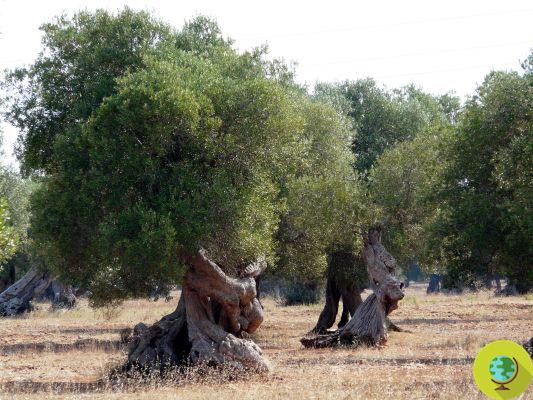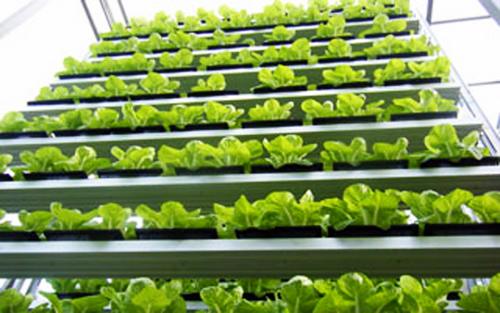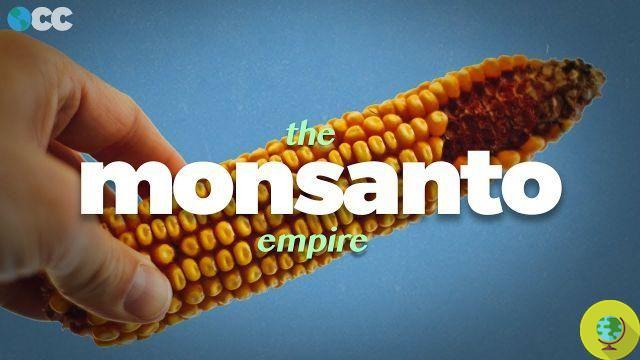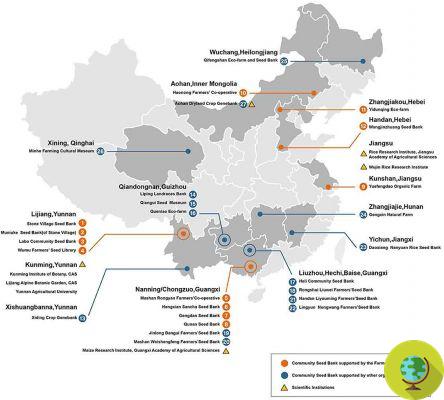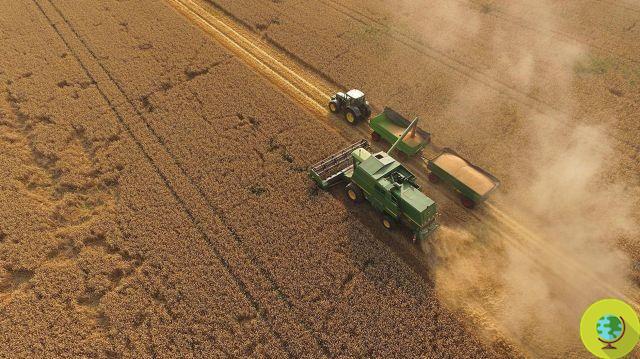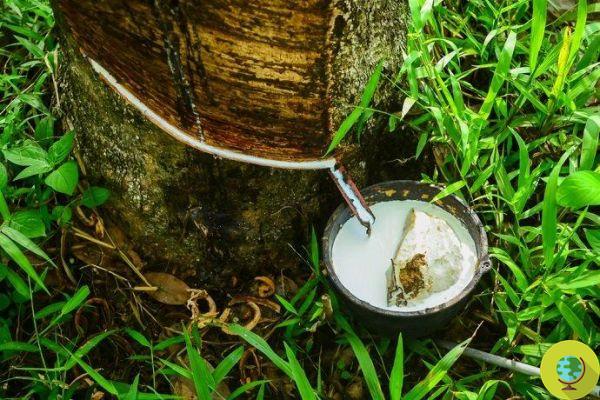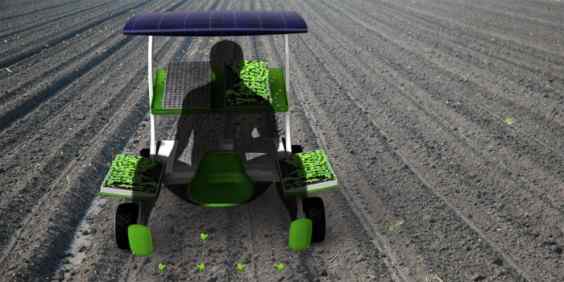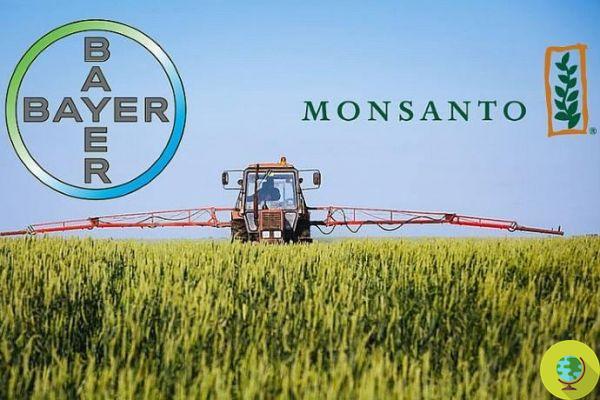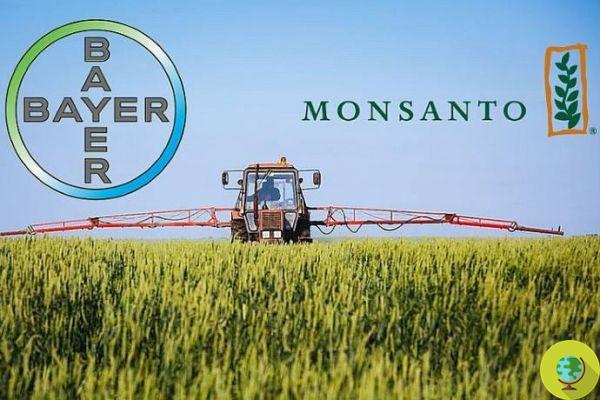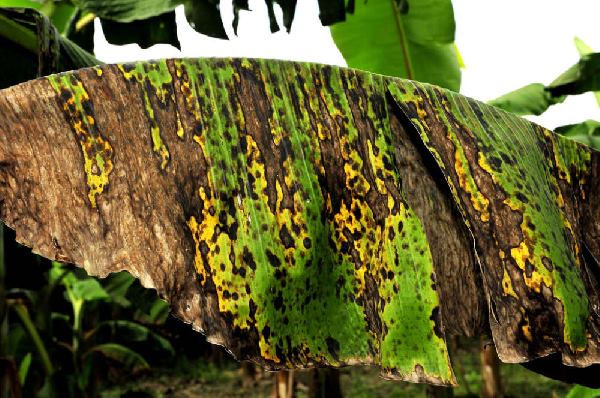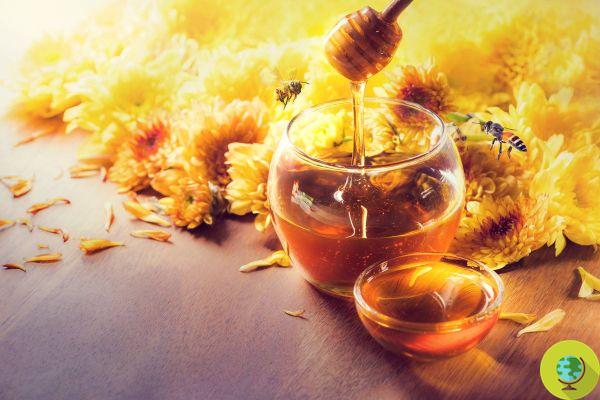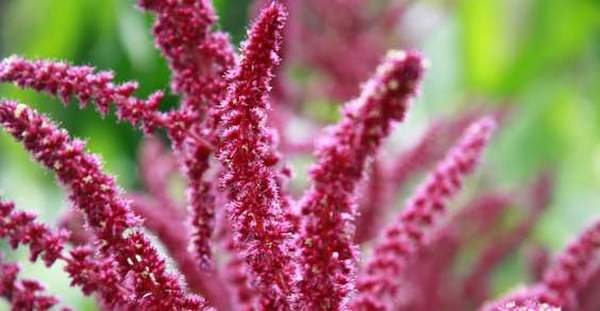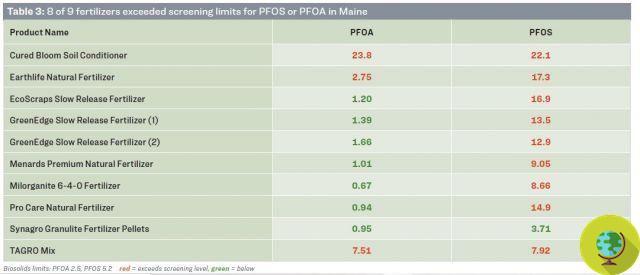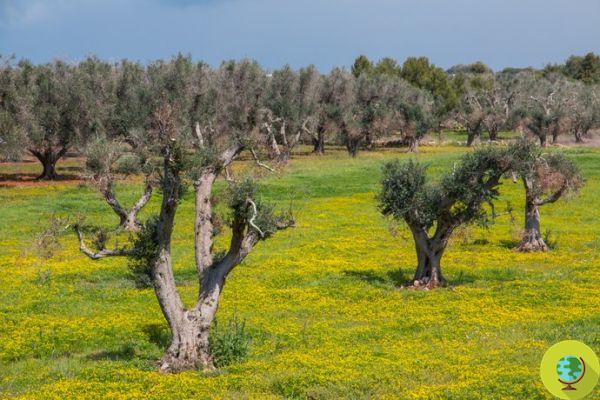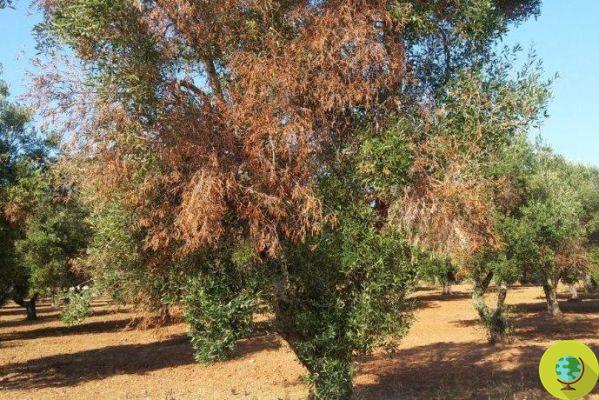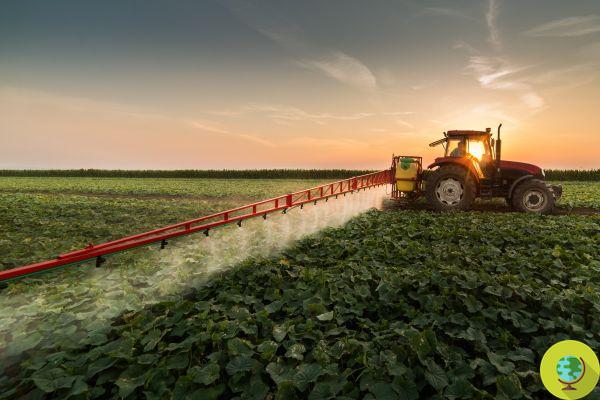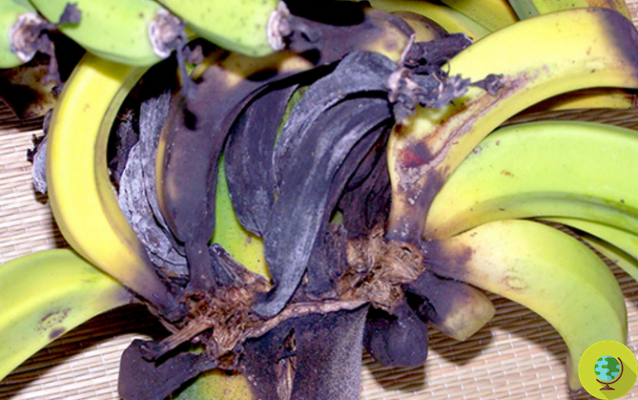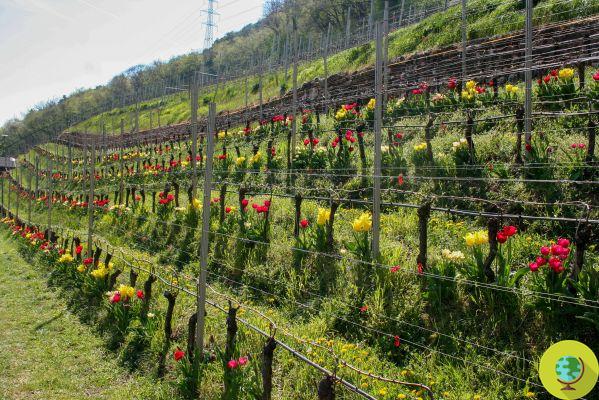
Increasing agricultural yields without resorting to pesticides is possible: just protect biodiversity through landscape diversification
Flowers, wild herbs, hedges and fruit trees enhance the yield of agricultural production and it is for this reason that once the cultivated fields were surrounded by elder trees, hazelnuts and rose gardens.
The confirmation comes from a group of researchers who have studied the positive impact of biodiversity in the agricultural sector.
Unfortunately, today, with the growth of intensive agriculture and monocultures, the landscape is becoming more and more monotonous, with large plots where biodiversity is very low.
This has not always been the case: long ago it was very common to place roses along the rows of vines or see cultivated fields interspersed with meadows full of mallow and chamomile flowers and, in some areas, the crops are still structured in this way.
The team, coordinated by Eurac Research of Bolzano and the University of Würzburg, examined data from 1.500 crops of maize, rapeseed, coffee and cereals spread all over the world, from Sweden to South Africa, analyzing the pollination processes and ability of plants to resist pests and diseases, comparing the data obtained from homogeneous and heterogeneous crops.
By studying the characteristics of the various environments, the researchers noted that when the transition is more heterogeneous there is a greater production.
If the crops arise on the edge of woods or are bordered by hedges and meadows, there is a higher presence of pollinating insects and antagonistic species of parasites, such as ladybugs that eat aphids.
The team of researchers thus discovered that in crops where heterogeneity is guaranteed, pollination is favored and the cultivated species are better able to defend themselves from harmful insects.
This results in a increased production and food quality, as well as one less need to use pesticides harmful to the health of the environment, animals and humans.
Until now, studies have always focused on the importance of biodiversity on the functioning and balance of ecosystems: this new research sheds light on the possible benefits of biodiversity for agriculture and ultimately for human health.
The results of this study emphasize the importance of protecting and increasing the diversification of the landscape both to increase productivity and to reduce the use of herbicides, insecticides and fungicides in agriculture.
In fact, if on the one hand we have need to increase yields in order to satisfy the food demand of the constantly growing population, it is known that the use of pesticides has important repercussions on the health of the environment, including that of pollinating insects and of us human beings.
It is therefore important to find environmentally friendly methods and techniques that allow to improve agricultural productivity without harming the environment and according to this new study, the solution is very simple: protect nature, to protect ourselves.
Read also:
- Stop pesticides, the European petition to save bees and agriculture that we should all sign
- If we don't stop the loss of biodiversity, we too will be doomed to extinction
- From a former industrial area to a paradise of biodiversity, when nature reclaims the territory




